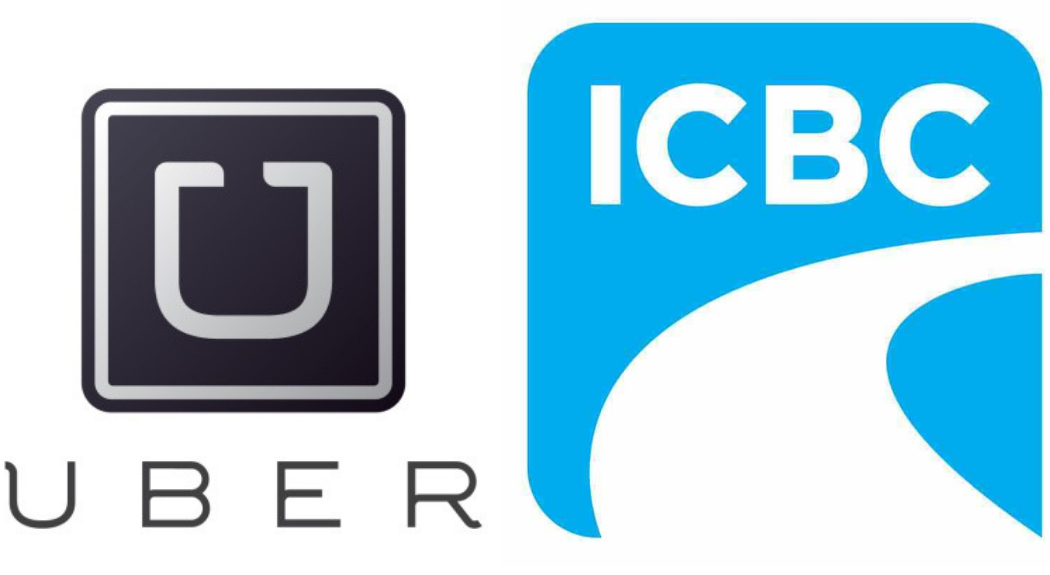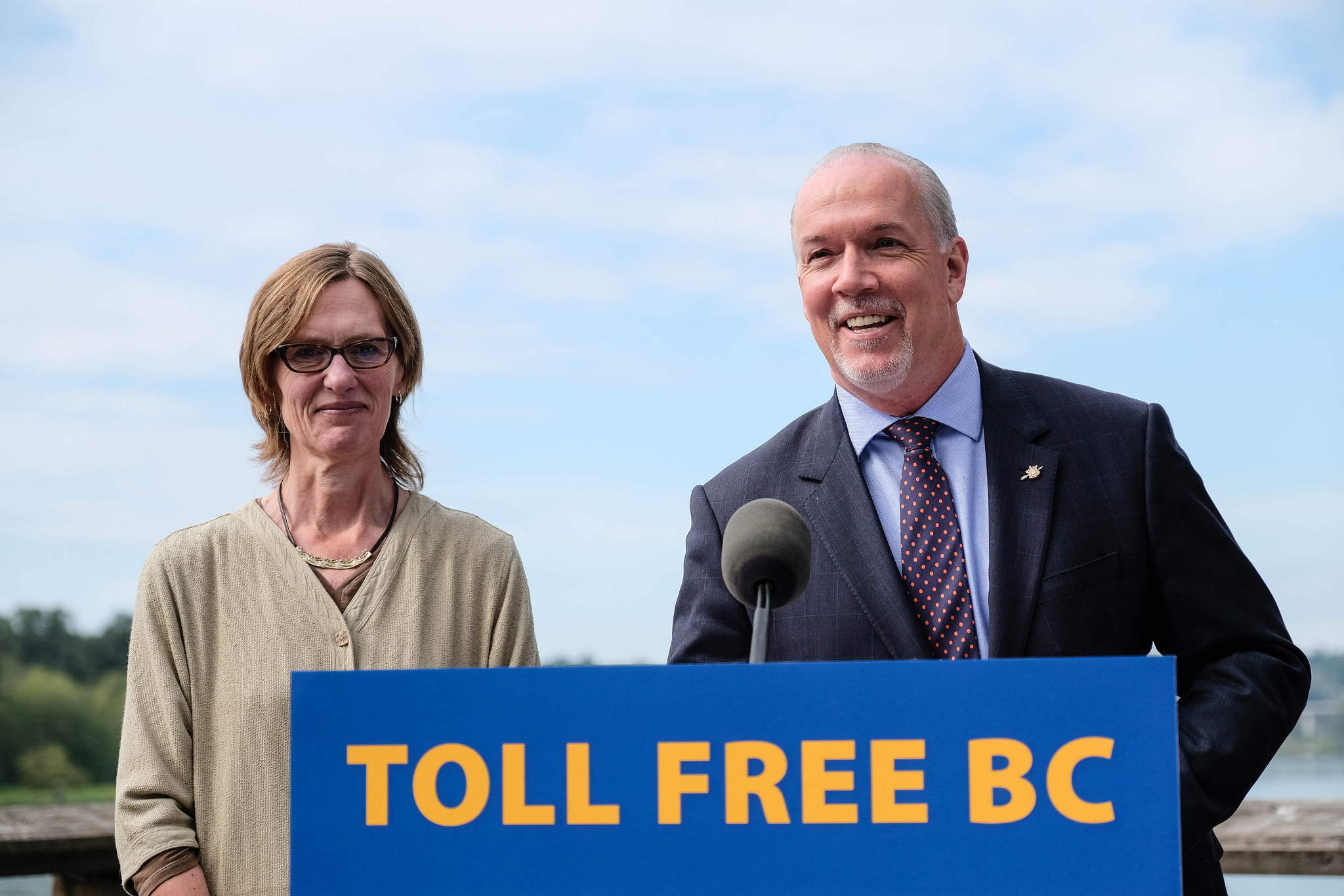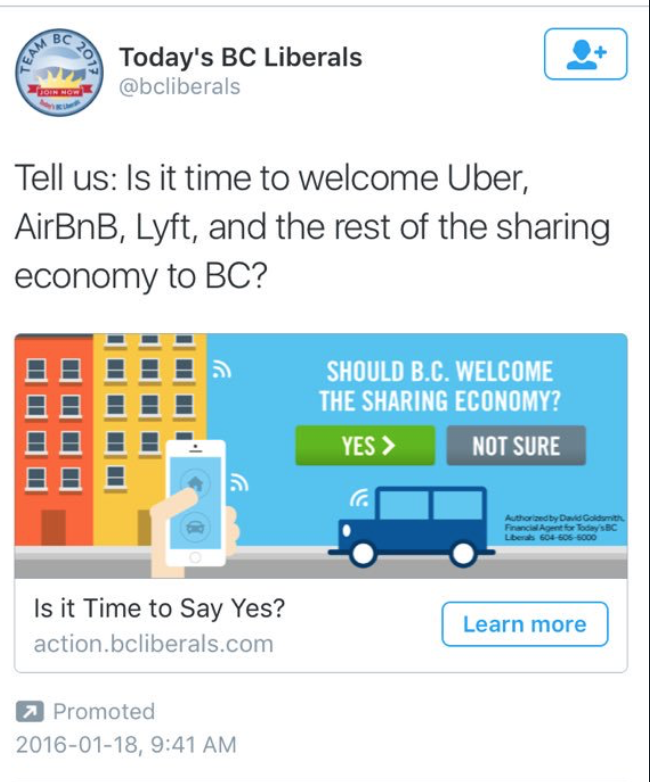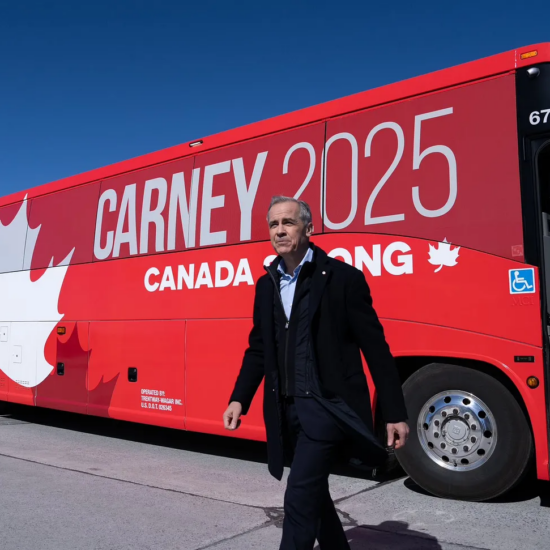
Bob Mackin
The BC Liberal government launched a secret project involving Uber almost two-and-a half years ago to create an insurance policy for the ride-hailing app’s drivers, says an Information and Privacy Commissioner’s order obtained by theBreaker.news.
According to adjudicator Layli Antinuk’s March 29 findings, the Ministry of Transportation began the Modernizing of Passenger Transportation Services Project in 2015 to update passenger transportation policies and laws, including those that govern taxis and so-called transportation network companies (TNC). It asked the Insurance Corporation of B.C. to participate.

B.C. government was secretly collaborating with Uber in 2016.
“The Ministry required every ICBC employee involved in the project to sign a confidentiality undertaking because of the sensitive and controversial nature of the project,” Antinuk wrote. “The Ministry and ICBC also interacted with Uber in relation to the project. To this end, the Ministry and Uber entered into a non-disclosure agreement in November of 2016.”
During 2016, former Christy Clark aide Dimitri Pantazopoulos and former Gordon Campbell aide Carling Dick were registered as Uber’s lobbyists in B.C. The BC Liberals heavily promoted Uber during two unsuccessful February 2016 by-election campaigns. In the same month, Minister Peter Fassbender challenged the taxi industry to improve, but also offered continued support from the government in a speech to taxi owners.
The BC Liberals waited until March 2017, just before the provincial election, to reveal their “made-in-B.C.” plan for ride-sharing companies. But the news release made no mention that the government was collaborating with Uber. Instead, the news release mentioned that it was “collaborating with the taxi industry to streamline the claims process, and is committed to working with the industry to improve their insurance to make it more flexible and cost effective, which could save taxi drivers significantly. Depending on the number of kilometres they drive, these savings could be in the range of 25%.”
The BC Liberals promised a 2017 holiday season rollout for ride-sharing companies, but the Clark government was toppled in a confidence vote after the election by the NDP and Greens.

Trevena (left) and Horgan. (BC Gov)
The John Horgan government delayed the introduction of ride-hailing with more studies in order to enable the taxi cartel to launch its answer to Uber through Surrey’s Kater, whose cause was championed by former NDP cabinet minister and party president Moe Sihota.
NDP transportation minister Claire Trevena said last November, when the ride hailing legislation was tabled, that “We are limited by insurance. Nobody’s going to be on the road until there is an insurance product that works for them.”
But the relationship with Uber dating back to the Nov. 20, 2016 non-disclosure agreement suggests some kind of “insurance product” has been developed.
The records in dispute include a project charter, internal emails, draft briefing notes, PowerPoint presentations, an implementation plan, insurance for TNCs sheet, question and answer sheet, insurance backgrounder, technical fact sheet and a letter from ICBC to Uber. None of the information is related to Lyft, however.
Antinuk ordered a variety of information about ICBC’s project be disclosed by May 14 to the applicant, after dismissing ICBC’s claims that disclosure would breach cabinet confidentiality and solicitor-client privilege and harm ICBC and Uber’s business interests. Some information, however, falls under advice or recommendations and will be withheld.
The project charter “describes the objectives, critical success factors, scope, assumptions and dependencies for the project,” not recommendations or advice. Same with four email chains that include correspondence with Nicholas Jimenez, who is now CEO, and with Uber’s senior director of insurance.
“ICBC prepared the implementation plan for the Ministry. It contains a recommended insurance regime for TNCs and part-time taxis and a proposed work-plan and timeline,” Antinuk wrote. “ICBC also provides its opinion on foreseeable challenges and the potential impact of the recommended insurance regime. In my view, all of this information qualifies as advice or recommendations.

BC Liberals promoted Uber and similar companies before a 2016 by-election (Twitter)
“The Ministry prepared the technical fact sheet for the Minister. It explains and summarizes the proposed insurance regime ICBC developed for TNCs and taxis. As such, the release of the information in the fact sheet would reveal the advice and recommendations ICBC developed for the Ministry.”
Antinuk was not satisfied the disclosure of the information in dispute could reasonably harm Uber’s competitive position.
“ICBC does not explain how or why Uber could lose business to competitors if competitors knew about the proposed insurance product or prices described in the letter,” Antinuk wrote.
“Furthermore, I do not see how knowing what ICBC proposed with respect to premium pricing would allow a competitor to understand Uber’s expense load. The letter does not reveal what ICBC and Uber eventually agreed to in terms of price or whether ICBC and Uber came to any such agreement at all. In other words, the disclosure of the information in the letter would not allow a competitor to understand how much Uber spends on insurance.”
Antinuk’s order said that Uber argues its drivers pose less of a risk than taxi drivers, because TNC drivers spend less time on the road, driving fewer kilometres and the TNC drivers own the vehicles they use. Therefore, they drive with greater care and attention than taxis.
ICBC and Uber have until May 14 to seek a judicial review, which would have the immediate effect of delaying disclosure. The NDP legislation requires drivers for app-based companies follow the same rules as taxi drivers and be licensed commercially. The ICBC website says it will sell blanket insurance to ride-hailing companies beginning this fall.
Support theBreaker.news for as low as $2 a month on Patreon. Find out how. Click here.











